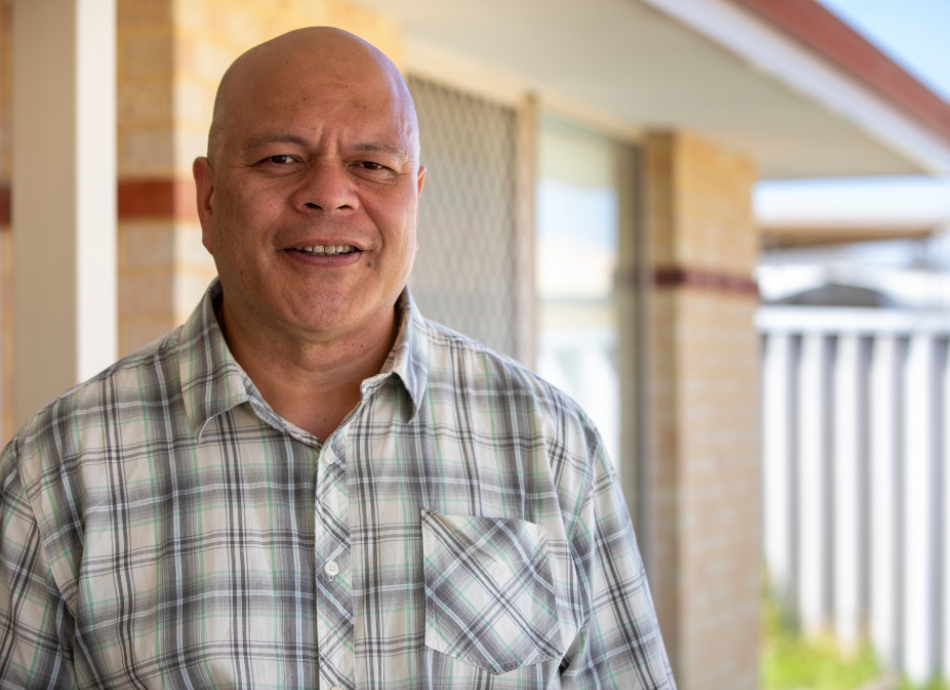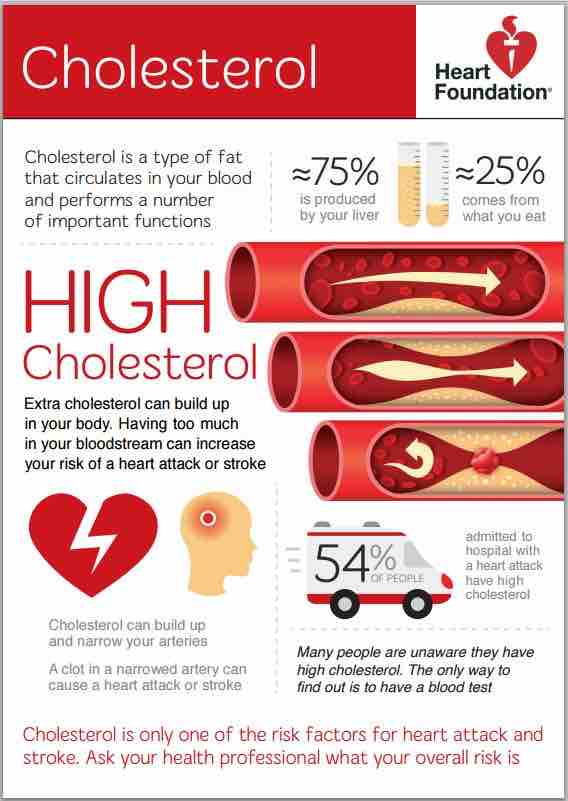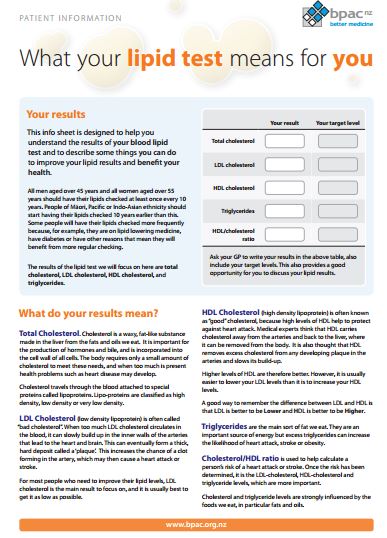The only way to find out if your cholesterol is high is to have a blood test called a lipid profile. This measures the level of cholesterol and triglycerides in your blood.
Knowing your cholesterol level helps your doctor to assess your overall heart health and see if any lifestyle change or other treatment is needed.
Low or no data? Visit zero.govt.nz, scroll down the page then click on our logo to return to our site and browse for free.
Cholesterol testing
Also called a lipid panel or lipid profile
Key points about cholesterol testing
- A cholesterol test measures the amount of cholesterol and triglycerides in your blood.
- Knowing your cholesterol levels helps your doctor to assess your overall heart health.

Some cholesterol tests are done using a finger-prick blood sample, but more detailed testing means a blood sample needs to be collected from a vein in your arm.
You may need to fast (go without food and drink apart from water) for about 8 hours before taking the test. If so, your local community diagnostic laboratory or doctor will tell you about this. You can have your test done first thing in the morning to make fasting less inconvenient. You should still be allowed to drink water and take your normal medications – do not stop taking these unless your doctor tells you to.
If you are taking blood-thinning medications (eg, aspirin or warfarin), or have bleeding or clotting problems, tell the nurse or laboratory staff about this before the blood sample is taken.
Normally, your doctor will ask you to have the cholesterol test at the nearest community diagnostic laboratory, or the practice nurse may be able to take the blood sample.
If you have had recent surgery, a heart attack or been unwell (eg, influenza), it is better to wait at least 6 weeks before having the test done. This will help to get a more accurate result.
If you are pregnant, you should wait until at least 6 weeks after the baby is born to have your cholesterol measured, as cholesterol is higher during pregnancy.
The cholesterol test will provide levels of:
- high-density lipoprotein (HDL) cholesterol – 'good cholesterol'
- low-density lipoprotein (LDL) cholesterol – 'bad cholesterol'
- triglycerides
- total cholesterol (TC)
- total cholesterol/HDL ratio.
These make up your blood lipid profile. Lipids are just another name for the fatty substances in your body and bloodstream.
New Zealand health guidelines for acceptable blood cholesterol levels are as follows:
- HDL cholesterol – greater than 1.0 mmol/L
- LDL cholesterol – less than 2.0 mmol/L
- Triglycerides – less than 1.7 mmol/L
- Total cholesterol – less than 4.0 mmol/L
- TC/HDL ratio – less than 4.0.
Your doctor will tell you the results of the blood tests. The results are not interpreted on their own and are not used to diagnose a disease. Instead, they provide information on your overall health and your risk of heart attack and stroke. Sometimes high cholesterol levels can be an early warning to make lifestyle changes (eg, exercising more and eating more healthily) to lower your risk of cardiovascular disease.
Your doctor will use other cardiovascular disease risk factors such as your age, sex, blood pressure and whether you smoke or have diabetes when deciding whether treatment is needed.
Read more about cholesterol test results.
Apps reviewed by Healthify
You may find it useful to look at some Nutrition, exercise and weight management apps, Quit smoking apps and Stroke apps.
Resources
Brochures
Cholesterol(external link)(external link) Heart Foundation, NZ, 2019 English(external link)(external link), Chinese(external link)(external link), Hindi(external link)(external link), Korean(external link)(external link), te reo Māori(external link)(external link), Samoan(external link)(external link), Tongan(external link)(external link)
Cholesterol – what your lipid test means for you(external link)(external link) BPAC, NZ, 2012
Apps/tools
My Heart Check(external link)(external link)
Heart healthy eating – Simple steps [PDF, 1.3 MB]
Nutrition, exercise and weight management apps
Quit smoking apps
Stroke apps
Brochures
Credits: Healthify editorial team. Healthify is brought to you by Health Navigator Charitable Trust.
Page last updated:







